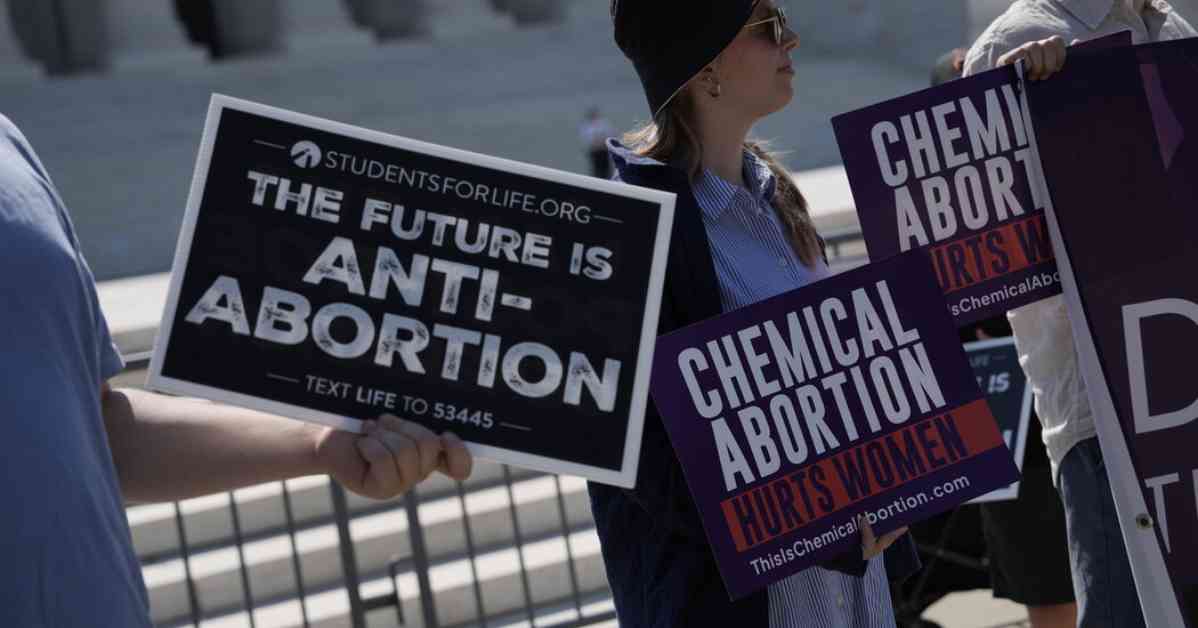The anti-abortion movement is facing challenges and struggles as they try to find a way forward. Even after the victory of overturning Roe v. Wade, there is a lack of agreement on a common agenda among the members. The recent events have highlighted the divisions within the movement.
At the Southern Baptist Convention’s annual meeting in Indianapolis, there was a vote to condemn in vitro fertilization, which was opposed by some members. This shows that even within the movement, there are differing opinions on certain reproductive health issues. Conservative lawyers advocating for restrictions on medication abortion also faced a setback at the Supreme Court, indicating a lack of a cohesive strategy.
Former president Donald J. Trump advised Republicans to avoid discussing abortion bans that limit the procedure at specific weeks. This conflicting advice from a key figure in the movement further demonstrates the lack of a clear path forward. The movement is struggling to determine whether to continue focusing on ending abortion or to shift their attention to other aspects of reproductive health, such as fertility treatments.
The internal divisions within the anti-abortion movement are becoming more pronounced, with some members rejecting the incremental approach that was previously successful in achieving their goals. On the other hand, there are those who are stepping back due to the political challenges of the current moment. This infighting and lack of consensus are hindering the movement’s ability to establish a unified agenda.
Overall, the anti-abortion movement is at a crossroads, grappling with internal conflicts and differing opinions on the way forward. As they navigate these challenges, it remains to be seen how the movement will evolve in the coming years.




